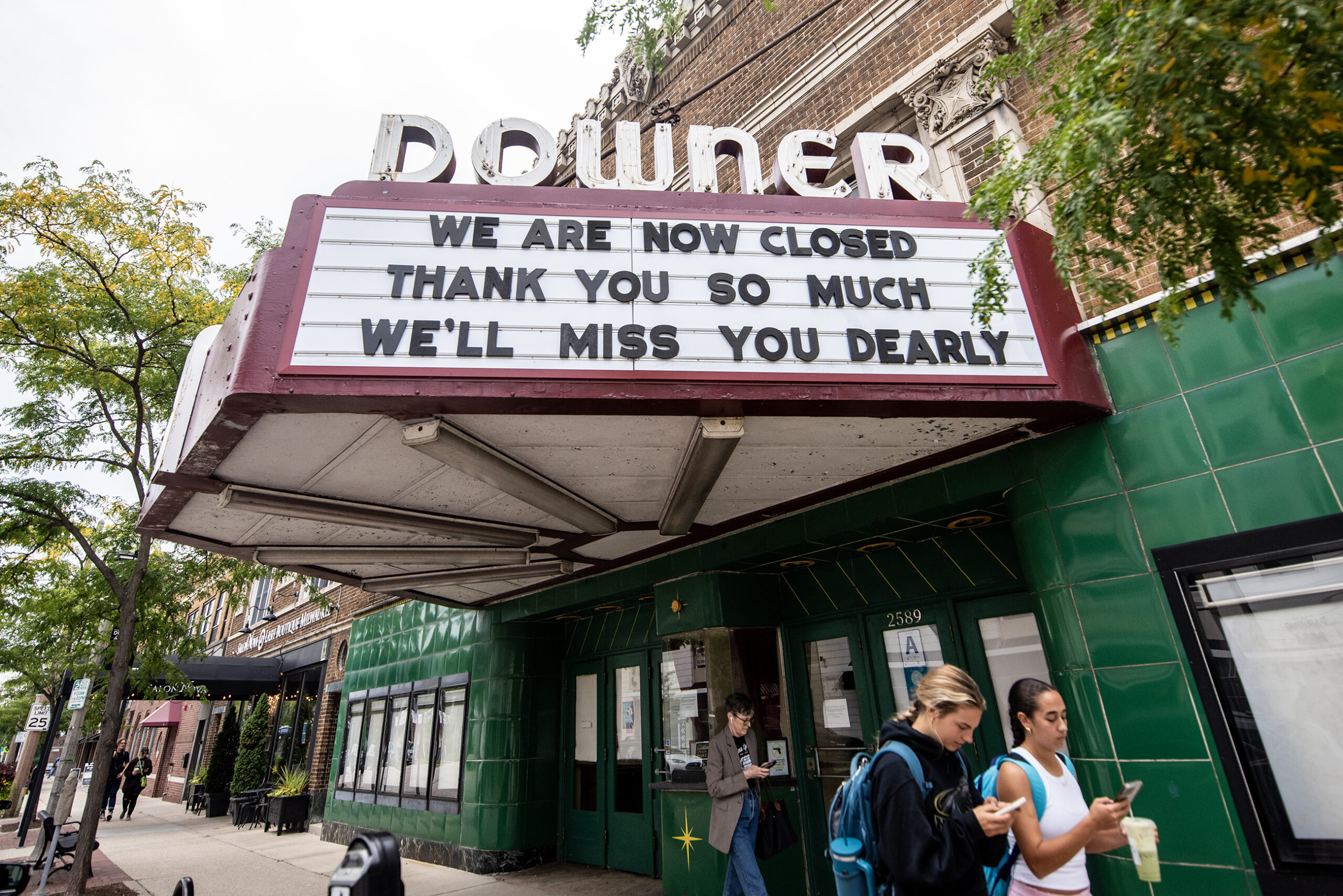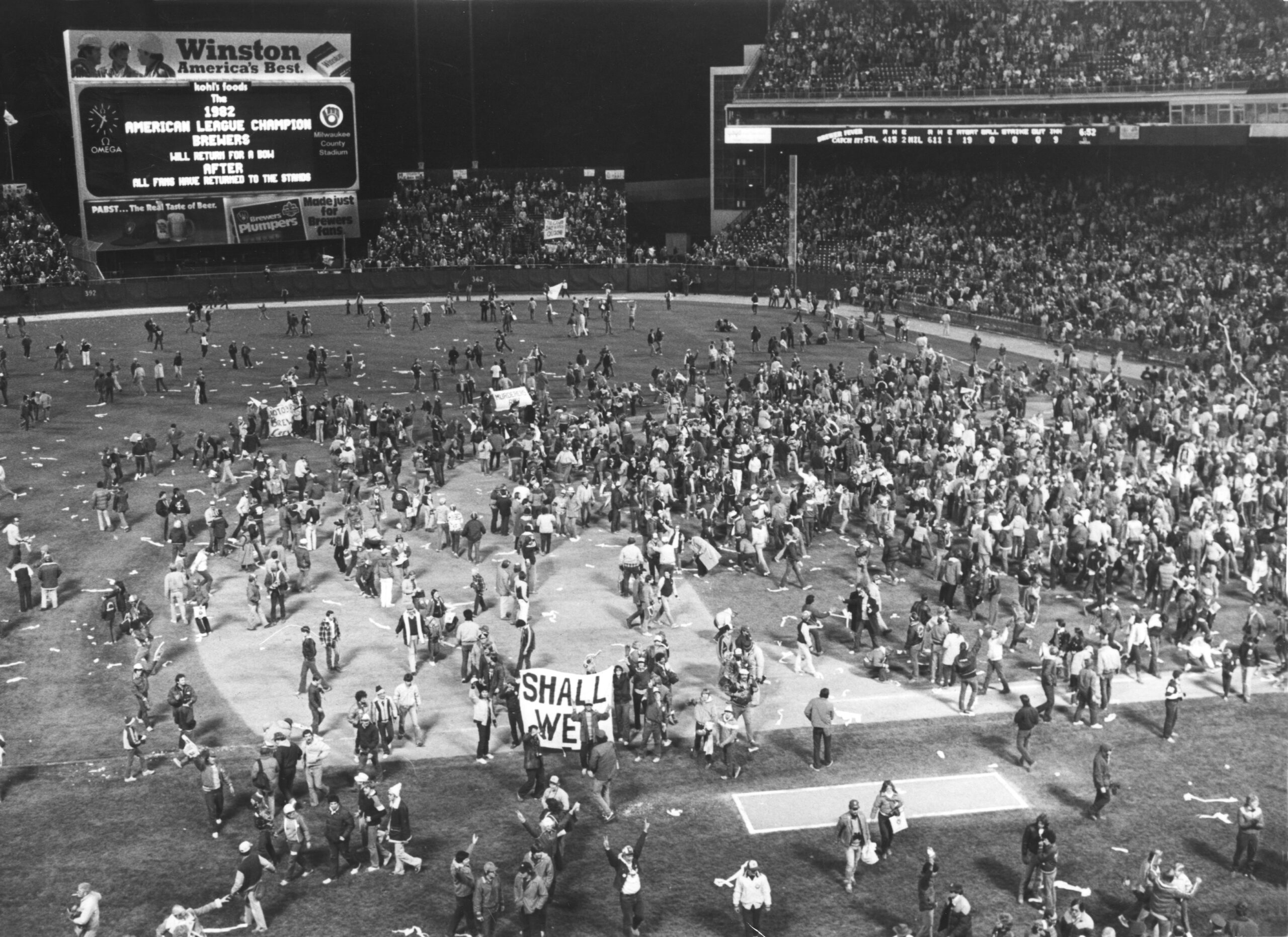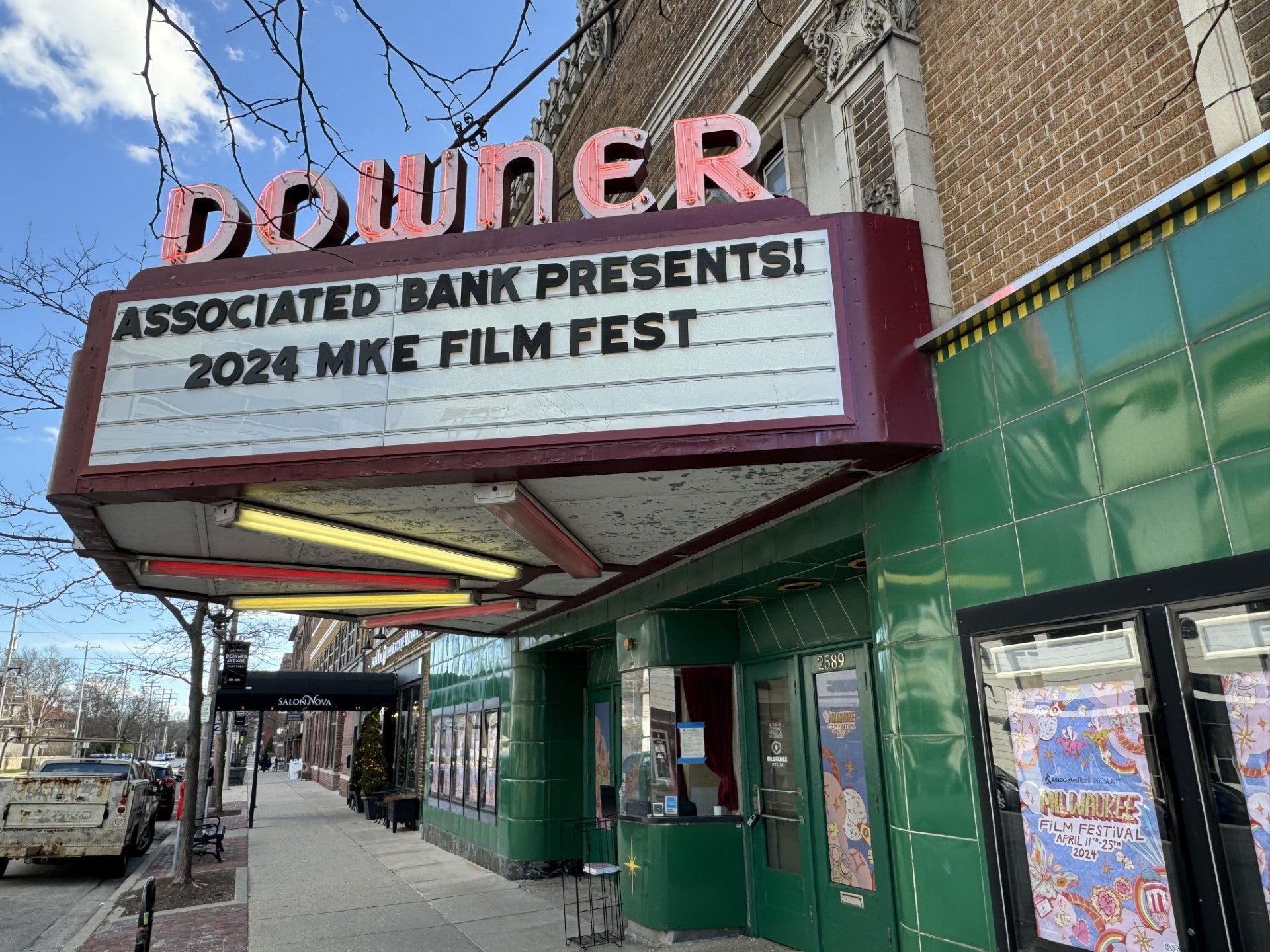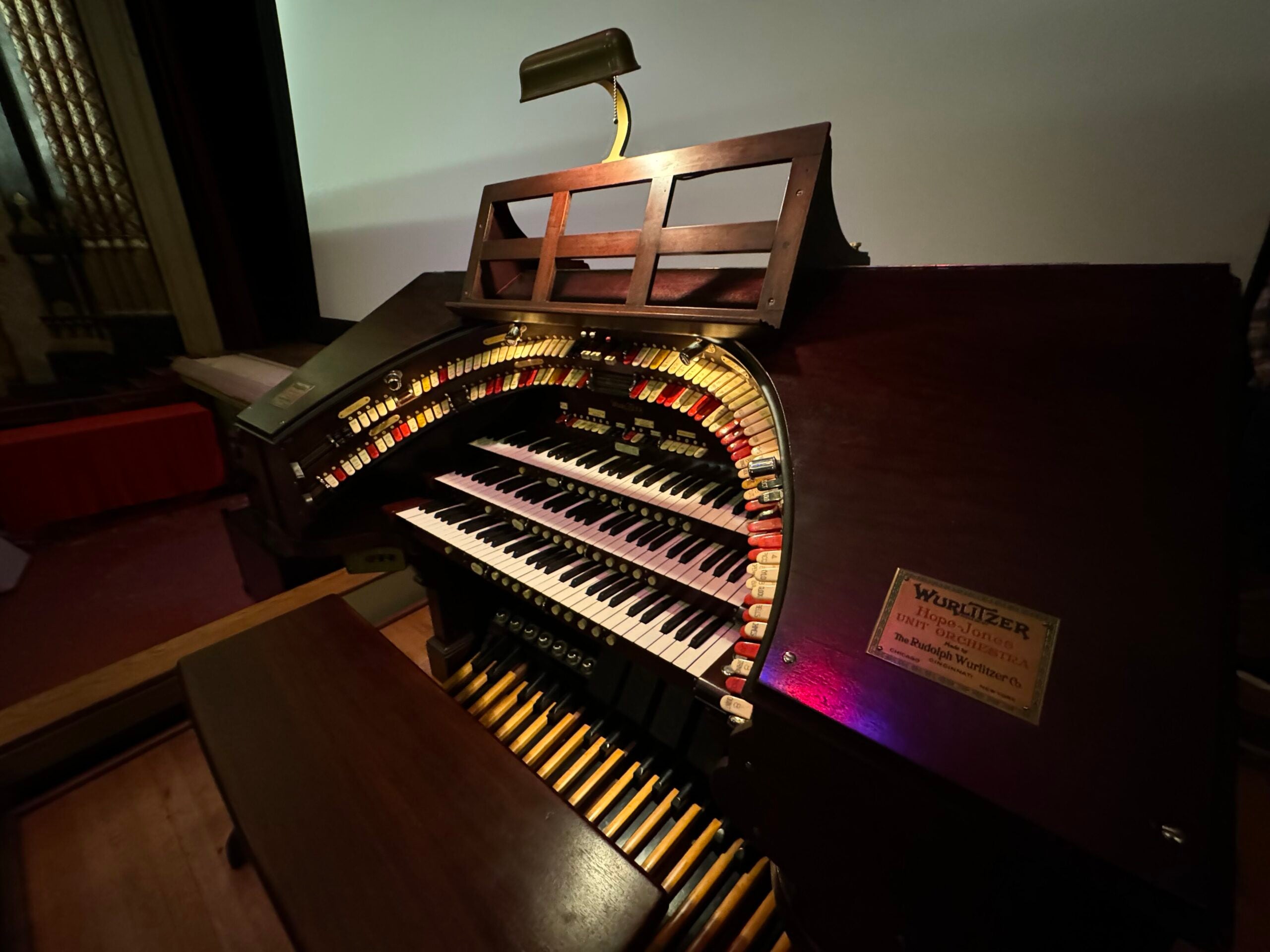When it opened in 1915, the Landmark Downer Theatre showed silent films with background music played on a pipe organ.
Although the theater switched hands several times over the years, it remained one of the few sites to see independent films in southeast Wisconsin and was a staple of Milwaukee’s east side.
But last week, after over 100 years in business, the screens at the city’s oldest movie theater faded to black.
Stay informed on the latest news
Sign up for WPR’s email newsletter.
“Thank you so much. We’ll miss you dearly,” the theater’s marquee read.
Earlier this month, Wisconsin-based Marcus Theatres closed three of its locations in Milwaukee, Franklin and Saukville. With the Downer’s closing, only three cinemas are operating in the city of Milwaukee.
“Having only three theaters — three major theaters — in a city, to me, that’s an absolute sin,” said Jocelyn Szczepaniak-Gillece, a film studies professor at the University of Wisconsin-Milwaukee.
Movie theaters were hit hard by the coronavirus pandemic, which forced many cinemas across the nation to close. Some never recovered. The Cinema Foundation’s annual report found that over 2,000 movie theaters closed in the U.S. from 2019 to 2022.
The pandemic also changed viewing habits, with many people now streaming movies instead of going to a theater. But Szczepaniak-Gillece said that trend was occurring even before the pandemic began, forcing cinemas to get creative to get people into the doors.
“We’ve seen a big shift away from movie theaters in terms of the place where people encounter film for quite a long time,” she said. “This has been going on since before streaming, but streaming has really been a big death knell for the movie theater.”
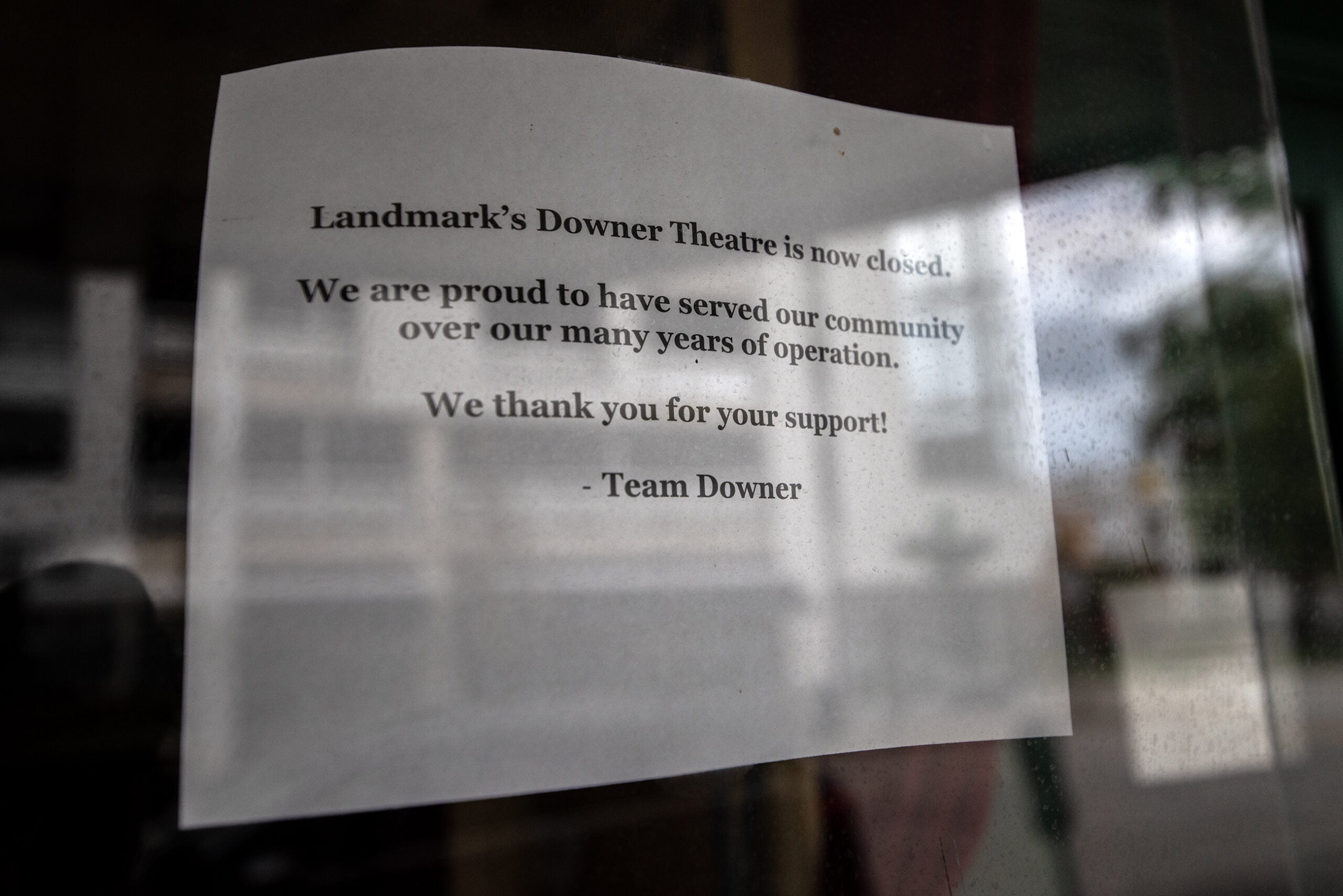
Three theaters in a city of 560K people
Only the Oriental Theatre, Avalon Atmospheric Theater and Times Cinema are currently operating in the city of Milwaukee. Lee Barczak and his wife own the Neighborhood Theater Group, which operates the Avalon and Times. Ticket sales for those two theaters are down around 30 to 50 percent compared to pre-pandemic sales, Barczak said.
“COVID was an unfortunate set of circumstances which probably accelerated the amount of streaming everybody was doing,” Barczak said.
Szczepaniak-Gillece said it’s an “extremely vulnerable” time for the industry, especially for smaller theaters like Barczak’s, which often have limited screenings or only show movies at night or on the weekends.
“People just aren’t as willing to go to the theater anymore, when they think they have everything at their fingertips at home,” Szczepaniak-Gillece said.
More movies are being released solely on streaming sites like Netflix and Amazon Prime Video as well, meaning some movie fans may be more inclined to view them from the comfort of their own home. Even so, Barczak still has faith that cinemas will continue to thrive, as more people seek to have in-person experiences they lost out on during the pandemic.
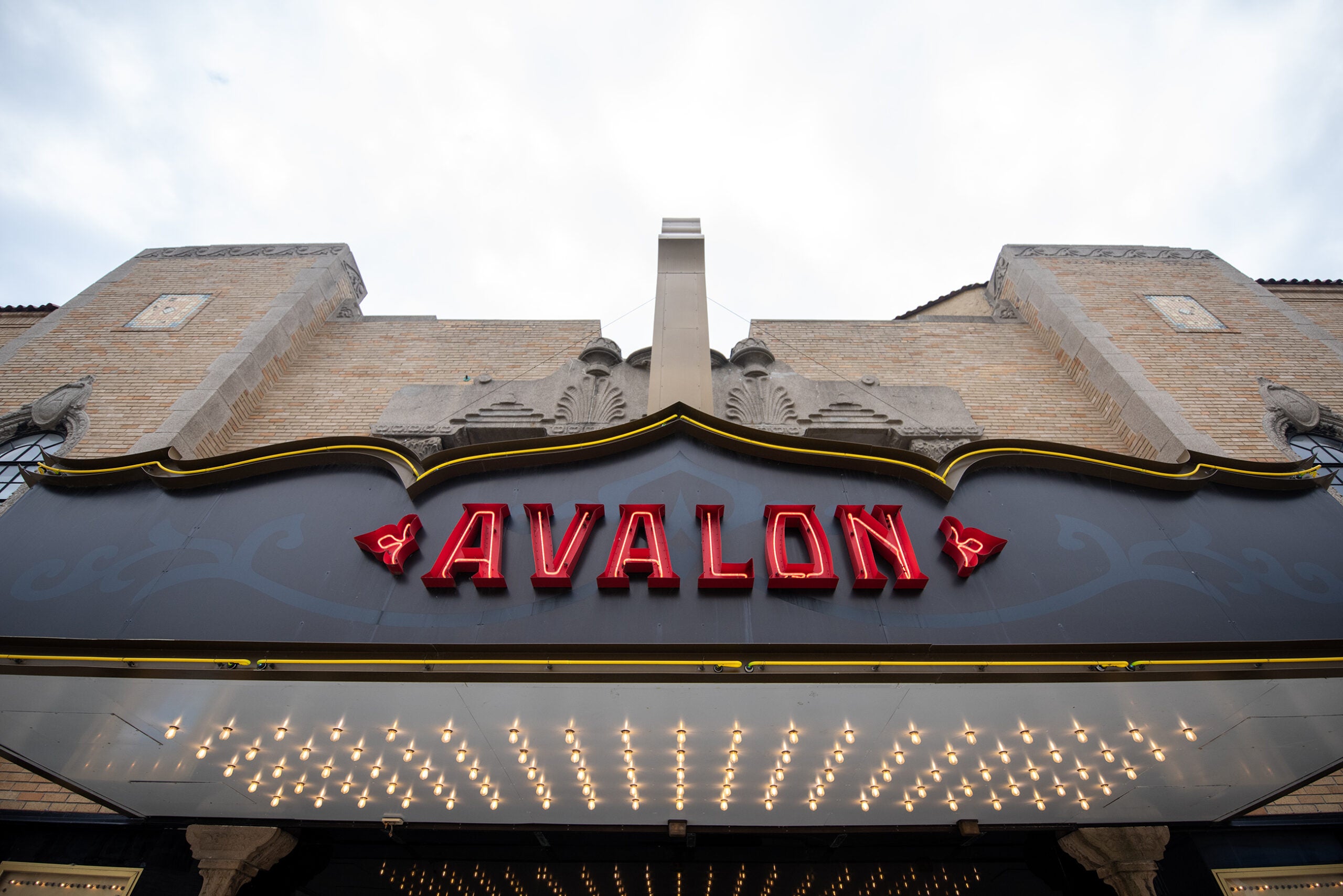
“With movies, having certain elements of excitement or emotional draw, there’s nothing like that, when you share that electricity with a whole room full of movie goers,” Barczak said.
The “Barbenheimer” craze signaled there may still be hope for theaters, as “Barbie” and “Oppenheimer” grossed more than $2 billion at the box office worldwide.
That excitement was also felt in Wisconsin. At Milwaukee’s Oriental Theater, operated by Milwaukee Film, “Oppenheimer” and “Barbie” led to the highest opening weekend for box office sales since Milwaukee Film took over the theater in 2018.
“It was very amazing to see everyone turn up and enjoy that experience at the cinema,” said Bre Graziano, director of communications at Milwaukee Film.
While there are still several movie theaters operating in Milwaukee’s suburbs, Barczak said locations in the city are still important.
“Not only does it provide more activities that neighborhood residents can participate in, but it also creates sort of a pride in being part of a neighborhood where you have a variety of successful businesses that are thriving,” Barczak said.
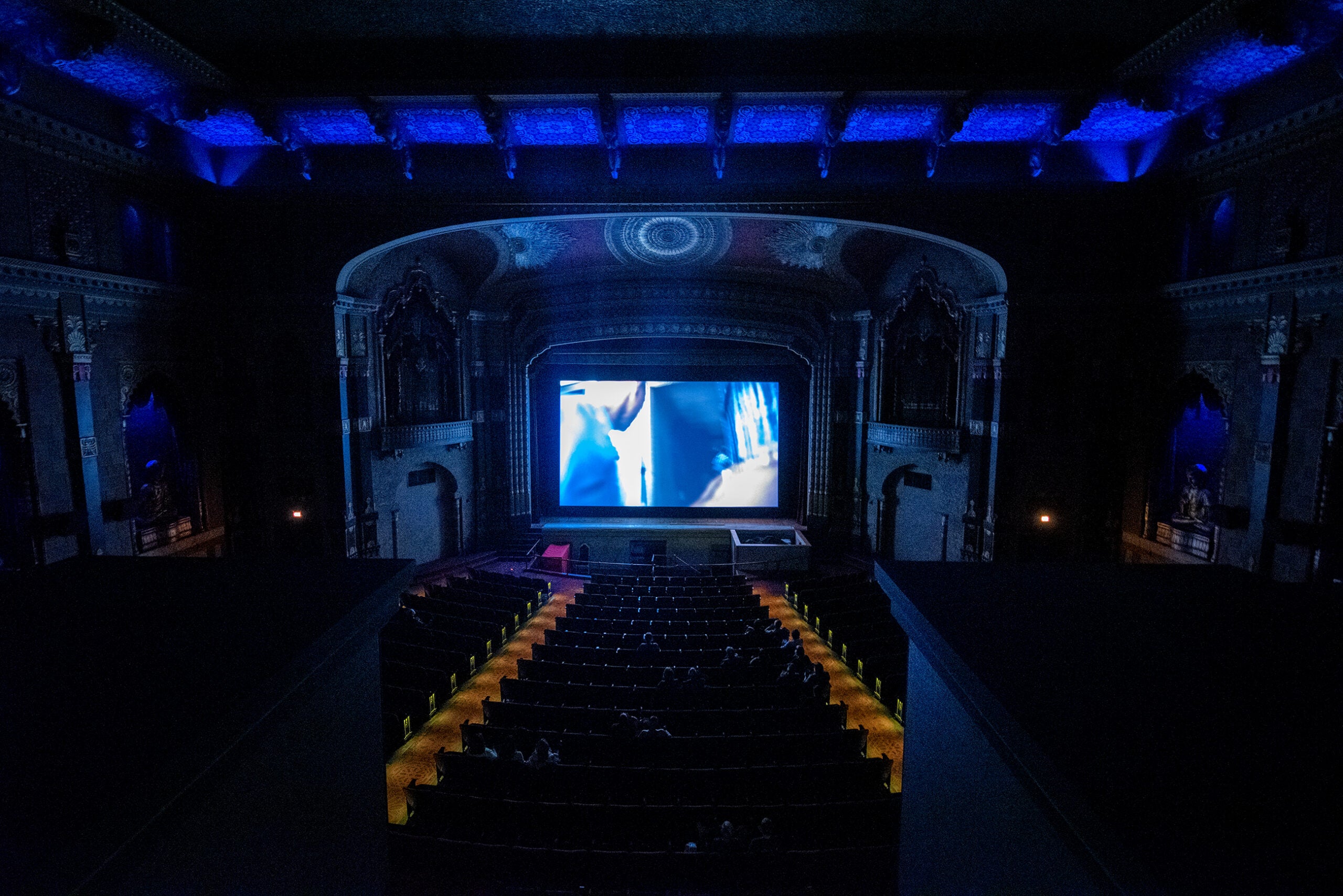
Staying competitive
Szczepaniak-Gillece said there is a long history of movie theaters adapting to stay competitive and relevant. In the 1930s when the Great Depression hit, Szczepaniak-Gillece said theaters started to pivot to offering concessions. In the 1950s, theaters started building larger screens to entice people away from their televisions at home. In the 1970s and 80s, more theaters started embracing blockbuster films.
“In the streaming era, we’re seeing some of these same techniques rise to the surface again,” Szczepaniak-Gillece said, mentioning theaters placing more of an emphasis on concessions and larger screens.
“What I think we’re seeing right now is those don’t necessarily work,” she added.
Instead, Szczepaniak-Gillece said theaters should place more on emphasis on special programming, like showing older movies or creating an atmosphere around a film’s release, like what was seen when “Barbie” was released.
“What people want to come to the theaters for right now is being with other people, experiencing something together, feeling like you’re a part of something bigger than yourself,” she said. “And that’s not just a plate of nachos.”
That’s something the Oriental Theatre has been doing, with Graziano saying the future of the movie palace built in 1927 is “bright.” The Oriental Theatre focuses on educational screenings, showing older films and hosting events with the community. It also hosts the Milwaukee Film Festival, which takes place throughout the city.
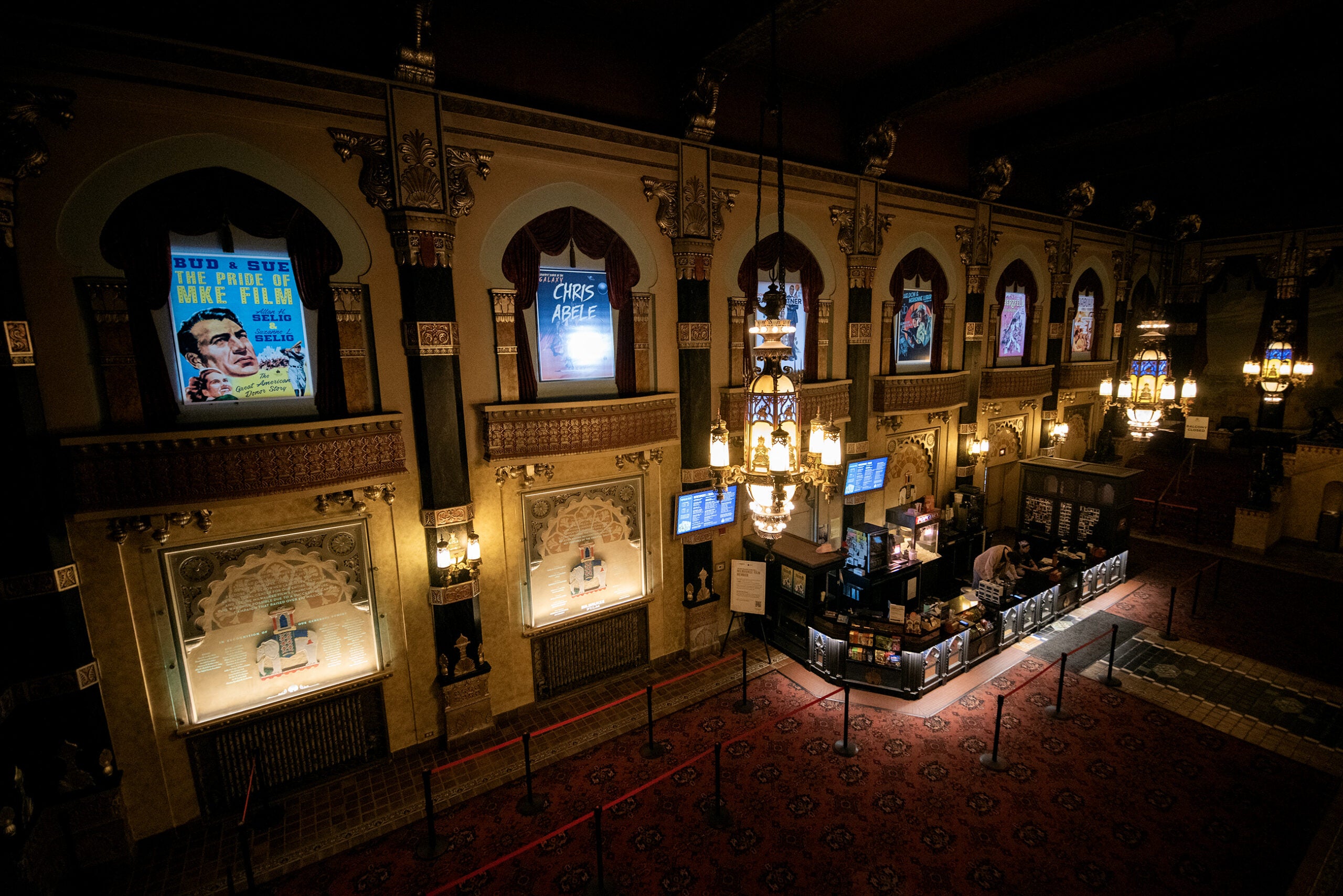
Graziano said ticket sales for the film festival increased by 58 percent this year compared to last, largely because more movie screenings were in-person and not virtual.
“We’re expecting that to continue as folks more and more are just really eager to share the same space together in cinema, to experience the power of film and share stories together,” she said.
Barzcak said his theaters are also trying to create experiences for viewers, largely by showing older films as well as special screening opportunities, like showing classic horror films leading up to Halloween this year.
“The challenge of course is to create programming that people want to see, that they’re comfortable with and that they want to participate in,” Barzcak said.
Although the future of the Downer is still up in the air, it’s possible that Milwaukee Film could be involved in the future of the site.
“We are honored to be a part of this active conversation and excited about this possibility,” Milwaukee Film’s CEO Jonathan Jackson said in a statement. “We will always champion fostering cinematic spaces and artistic voices and experiences in our community to bring people together any way we can.”
Wisconsin Public Radio, © Copyright 2025, Board of Regents of the University of Wisconsin System and Wisconsin Educational Communications Board.
